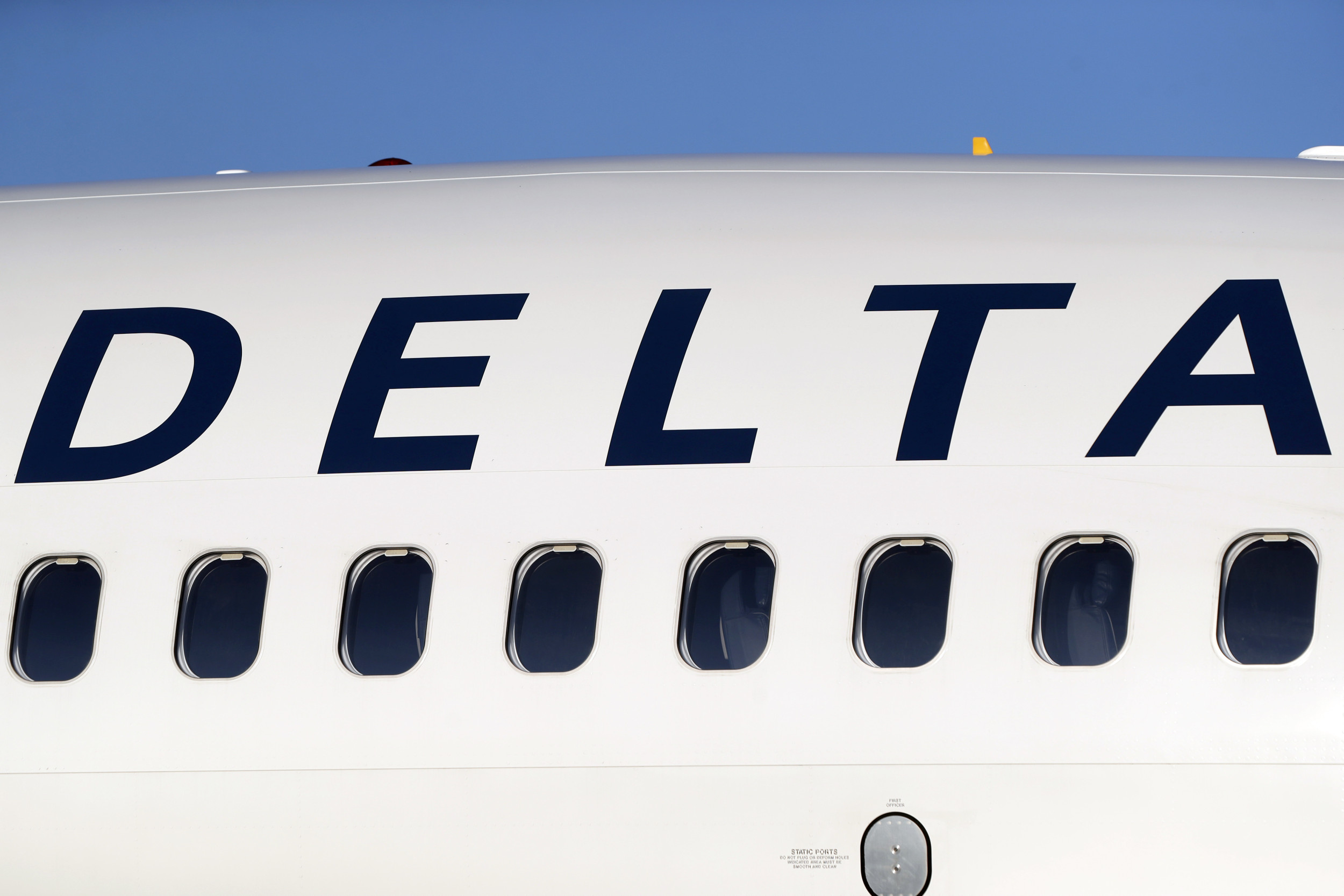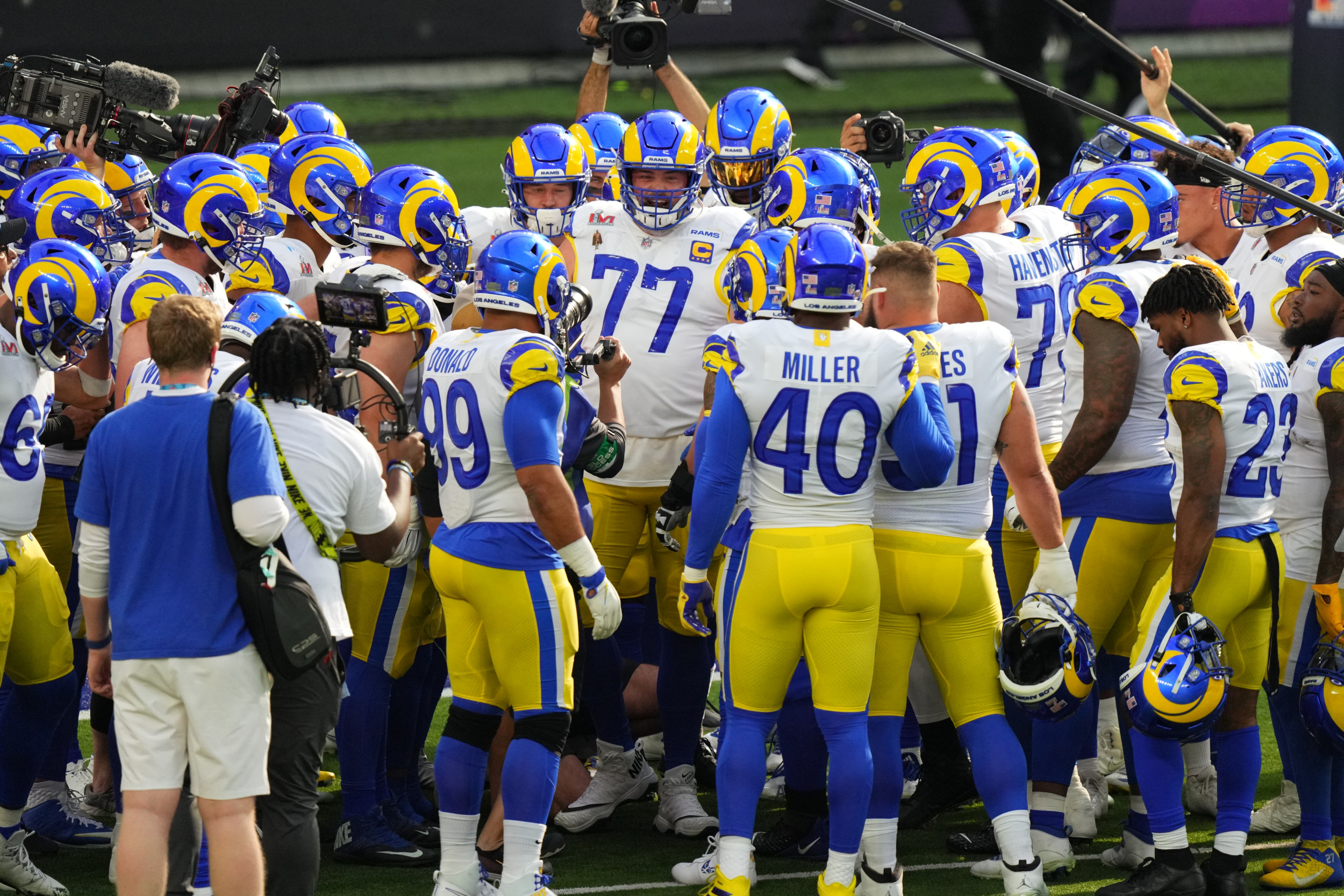Former President Donald Trump is facing "red flags" in North Carolina, a state he carried in 2016 and 2020, journalist Bryan Anderson warned.
In a Sunday analysis of the Tar Heel state's early voting figures published on his Substack blog, Anderson, who covers state politics in North Carolina, found that Republicans were at "a major disadvantage" in the counties most seriously impacted by Hurricane Helene.
The hurricane, which made landfall in late September, was the deadliest storm to hit the mainland U.S. since Hurricane Katrina in 2005. As of Monday, North Carolina has recorded 101 deaths related to Helene.
More than 4.4 million North Carolinians have voted statewide, but Anderson noted that in the 13 counties hit hardest by Helene, Republicans were only outperforming their statewide turnout in five counties. Comparably, Democrats outperformed their statewide turnout in 10 of those counties, and unaffiliated voters outperformed their statewide turnout in 11.
Newsweek reached out to the Trump campaign via email for comment.
North Carolina is a key battleground state in this year's election, and both campaigns are fighting for the state's 16 Electoral College votes. It has the second-highest number of electoral votes among the seven swing states, behind Pennsylvania, which has 19.
Trump, who carried North Carolina twice, is spending part of his last day on the campaign trail in the state, suggesting that the only battleground state he won in 2020 may not be guaranteed this time around. The Republican candidate held rallies in Raleigh Monday morning before taking off to Pennsylvania and Michigan. It also comes after he spent the weekend barnstorming the state, holding rallies in Greensboro and Gastonia on Saturday and in Kinston on Sunday.

During his Saturday rally in Gastonia, Trump told his supporters, "Now the fate of our nation is in your hands. We win this state, we're going to win the whole ballgame."
Morgan Jackson, a seasoned Democratic strategist and longtime adviser to North Carolina Governor Roy Cooper, told Newsweek that the early voting numbers from unaffiliated voters are part of why Trump is making more stops in the state than any other battleground state in the final three days.
Pointing out that 24 percent of the unaffiliated ballots cast are from voters who didn't vote in 2020, he said that these are likely non-Trump votes because "If you registered during the last three years and you support Trump, you registered as a Republican."
"The Trump campaign is seeing these same numbers and are concerned," Jackson said.
Carter Wrenn, a veteran Republican strategist who managed Ronald Reagan's campaign in North Carolina during the GOP primaries, told Newsweek there's still no way of knowing whether this gap in turnout will hurt Trump, pointing out that even though more voters in rural areas are casting ballots early, they're not doing it at the same rate that suburban voters, who may have more access to polling stations.
Jackson argued that the low GOP turnout in those hurricane counties is due to the former president's response to the storm, saying that "Trump's consistent lies have had an impact in western North Carolina." But Wrenn said he doesn't think those remarks would cost him any Republican votes, although they could impact his standing among independent voters, which is the group that matters most in the Tar Heel state.
In the wake of Helene, Trump blasted President Joe Biden and Harris' response to the storm, often making false claims like that the federal government spent all its Federal Emergency Management Agency (FEMA) funds on migrant shelters, that the administration and North Carolina's Democratic governor were not helping Republican areas and that FEMA was only giving $750 to people who lost their homes.
Anderson said there could very well be a spike in turnout across the 13 hurricane counties on Tuesday, "But if things don't change and the election is decided by hundreds or a few thousand voters, former President Donald Trump could be in trouble."
"He carried the state in 2016 and 2020, winning all but two of the 13 Helene counties in both election cycles," Anderson wrote, adding that if turnout in those hurricane counties matches the statewide turnout average for both parties, that leaves "an important swing of 12,563 votes in favor of Democrats."
Harris and Vice President Kamala Harris are in a dead heat in North Carolina. 538's tracker shows Trump leading by just 1 percentage point, and RealClearPolling shows Trump up by 1.5 points.
The final New York Times/Siena College poll released Sunday found Harris showing new strength in the state, leading Trump by 2 points. The survey, conducted between October 24 and November, polled 1,010 North Carolina voters. The margin of error is +/-1.3 percentage points.
While over 63 percent of Republican ballots have been cast statewide—more than the nearly 59 percent of Democratic ballots that have been cast—the percent of Democratic ballots cast in the 13 hurricane counties far outpaces the percent of Republican ballots cast there, 63 percent to 60 percent, Anderson's analysis found. The 13 Helene counties include Ashe, Avery, Buncombe, Haywood, Henderson, Madison, McDowell, Mitchell, Polk, Rutherford, Transylvania, Watauga and Yancey.
There is also "red flag" for Harris in North Carolina's early voting data. There's more than a 10-point turnout gap between white voters and Black voters.
"At the presidential level, there is also good reason for Democrats to be concerned about Vice President Kamala Harris' prospects," Anderson wrote. "While no demographic group is monolithic, Black voters have traditionally voted overwhelmingly for Democrats, making them a key constituency to watch."
"Black voters represent 19.7% of all registered North Carolinians, but only 17.8% of those who had cast a ballot through Saturday," he added. "While 61.7% of white registered voters have already cast a ballot, just 51.4% of Black voters have done the same."
Wrenn agreed that Black voters present "a real question for the Democrats."
"When Obama ran, [the Black vote] soared, and that helped him win," Wrenn said. "If it's less this time, it will cost [the Democrats."
He added that Democrats should be more troubled about the Black vote than Republicans should be about rural western counties, who will likely show up on Election Day and lean towards Trump.
Jackson, however, pointed to several good signs for the Democrats, including turnout among women and suburban voters.
"Female voters comprised 55.5% of early votes cast. Suburban voters are voting at higher rates than their registration share by 2 pts," Jackson said. "In every competitive election since Dobbs decision, Democrats have outperformed polling with women, unaffiliateds, suburban voters and Republican women."




















 English (US) ·
English (US) ·